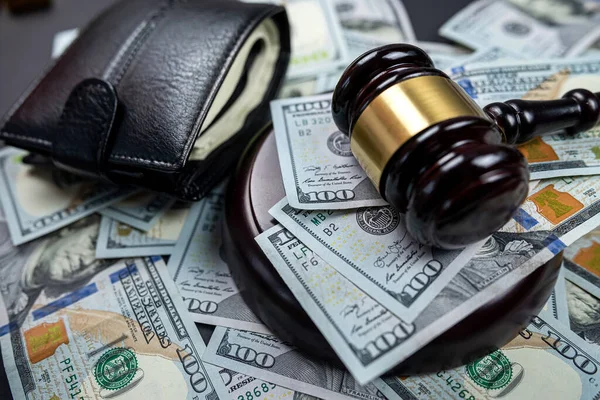Before bail reform, many New Yorkers were held in jail until their case played out. That’s no longer the case, thanks to the law that eliminated money bail for most misdemeanors and nonviolent felony cases.
Every person has the right to have their rights and freedoms respected. That includes the right to a fair hearing in court. Learn bail bond options at https://goldenboybailbonds.com if you can’t afford bail discusses financial consequences of inability to pay.
Posting Bail
Bail is a sum of money that an arrested individual gives to the court to ensure that they will appear in court for their trial dates. It also incentivizes them not to flee.
If someone is not able to pay bail, they will stay in jail until their trial date, and may even be sentenced to prison. There are several ways that they can post bail, including paying cash, using personal property as collateral, or hiring a bail bondsman.
Bailed-out suspects must comply with “conditions of release” that may reflect the nature of their crime or any special circumstances that a judge considers. If they fail to comply, a judge can revoke bail and order them re-arrested (and sometimes returned to jail). They can be released on their own recognizance or allowed to skip bail altogether by signing a promise to return to court.
Finding a Surety
Whether in New York City Criminal Court, or Westchester County Supreme Court Criminal Term or Justice Court, if bail is set with conditions of release (and even non-violent felonies can have terms) the accused may have to find a “surety” to pay the bond amount. This can be done by hiring a bonding company that specializes in surety bonds, or it can be accomplished through an independent insurance agent who also sells surety bonds.
In either case, the bond is a three-party contract between the principal (the party who obtains the bond), the surety company that writes the bond, and the obligee, or party owed an obligation by the principal for fulfilling certain conditions. The obligee can file a claim against the bond for financial compensation in the event that the principal breaches the terms of the agreement. Often, the claim can be validated and paid out without the need for additional review by the bonding company.
Assigning Bail
In most cases, bail is money or property that the court can hold as collateral to ensure that you will return for your scheduled court appearances and won’t leave the state or country. The judge sets the amount of bail based on how serious the crime is and your previous criminal history. If you appear in court as scheduled, you get your money back when the case is completed.
A judge normally adheres to a standard bail schedule, but has wide discretion to increase or decrease it. They also consider your likelihood of flight and the danger you pose to public safety.
In addition, the court is supposed to look at whether posting bail will impose an undue burden on you or your family. If you cannot afford to pay your bond, the CSSD-Pretrial staff can help you decide if you should be released on your own recognizance or on other conditions. This program has already helped thousands of people avoid jail and keep their jobs, homes and families together during this pandemic.
Getting Help
Many low-income defendants end up stuck in jail because they can’t afford to pay their bail. It can be months, even years before they get to trial. Often they end up pleading guilty just to get out of jail.
Your criminal defense lawyer can file a motion asking the judge to lower your bail. They can provide evidence of your financial hardship, clean record, and strong community ties to make the case that your current bail is excessive.
If the judge refuses to reduce your bail, you can appeal it. This involves going back in front of the judge, and it can be very stressful. There are also a number of nonprofits and charities that can help people who can’t afford bail. These groups often use revolving funds (they give the money they raise back at the end of each case so that they can help more people). You can find local groups by searching for “bail fund” and your city or state.
